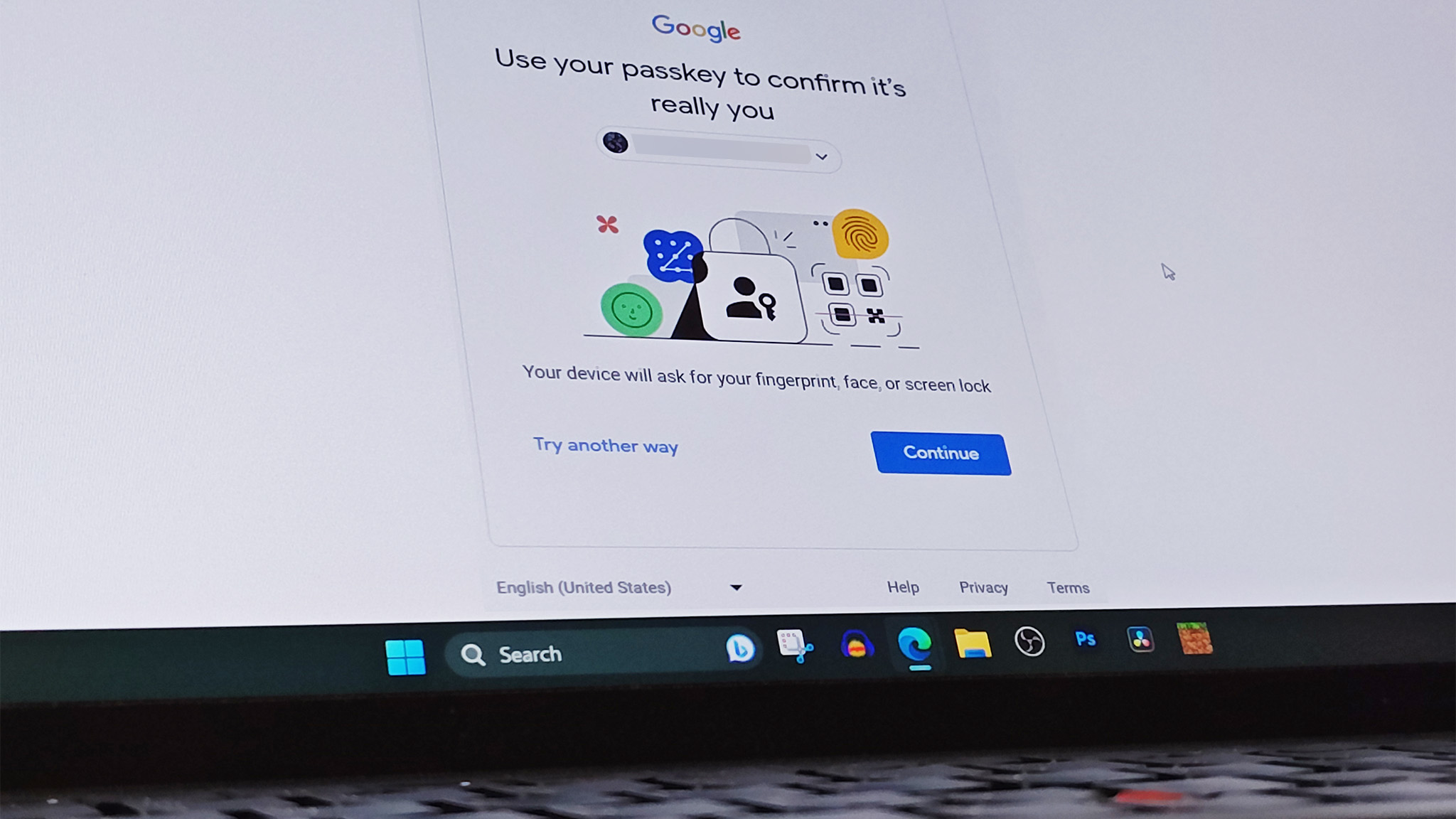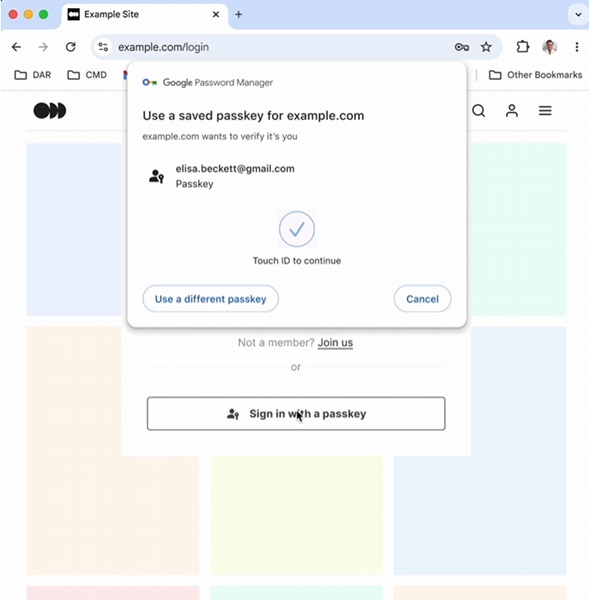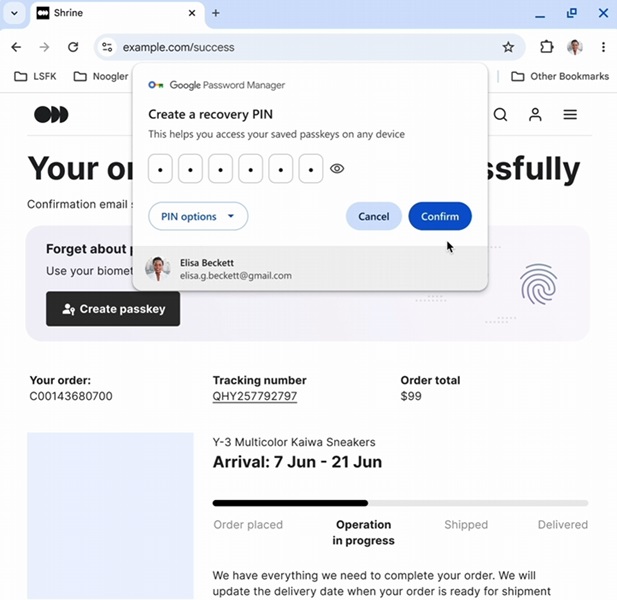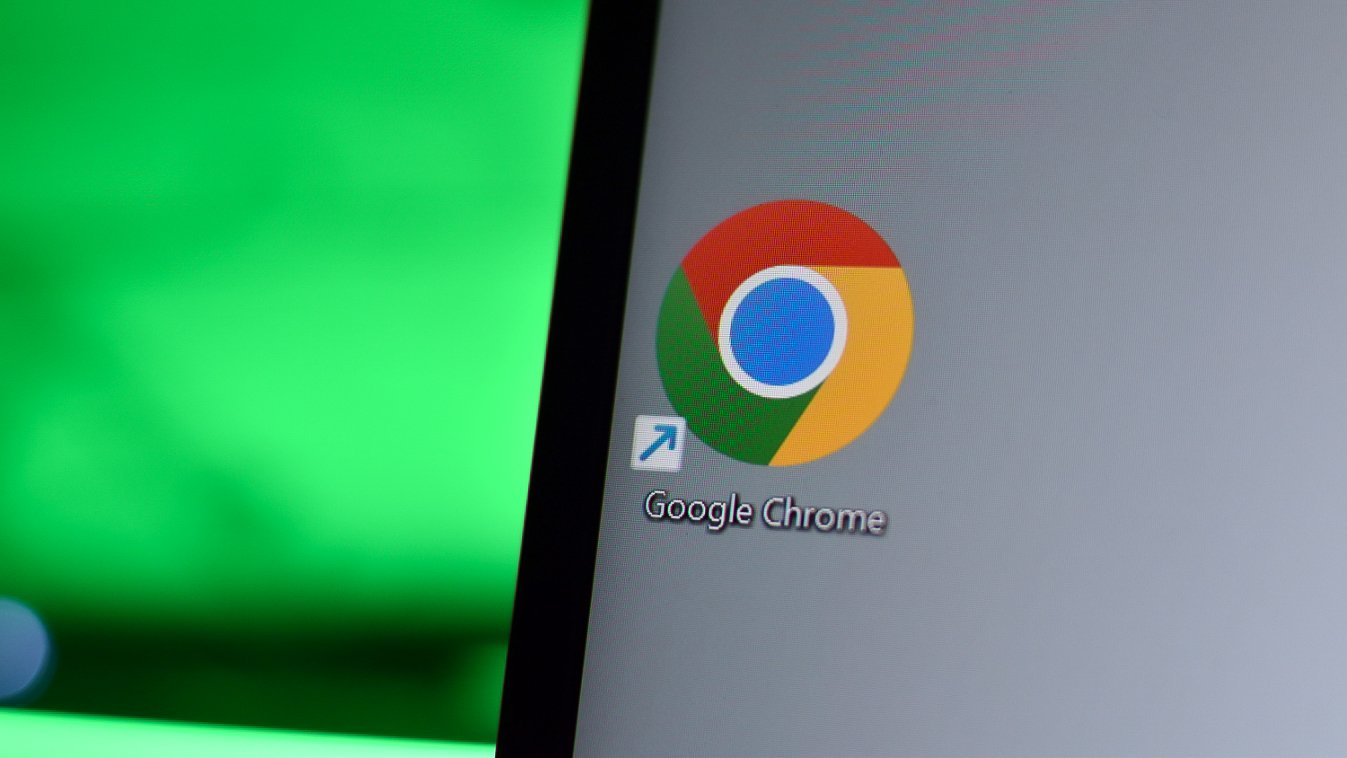Google's QoL update for passkeys lets you save and sync across devices
Your credentials are no longer locked to Android, becoming available on more operating systems.

Get the latest news from Android Central, your trusted companion in the world of Android
You are now subscribed
Your newsletter sign-up was successful
What you need to know
- Google is rolling out an update to passkeys that lets users save and sync those important credentials across devices.
- This will remove the need to scan a QR code when attempting to sign in outside of Android; however, a new PIN has been added for E2EE protection.
- Users can save and sync their passkeys on Android, Windows, macOS, and Linux, while ChromeOS support is in beta testing.
Google's latest update to passkeys brings some much-needed convenience to an important safety measure.
According to a Keyword post, users can save passkeys in Google's Password Manager across Windows, MacOS, and Linux devices through the Chrome browser. It'll also come to Chromebooks, as the feature is currently in beta for ChromeOS.
Saving passkeys brings some refreshing convenience. When signing in, users only need to provide their "Touch ID" (fingerprint) before gaining access. Before, they couldn't save passkeys on other devices outside of Android, so they'd have to scan a QR code using their phone.
This update should make things faster and more secure as Google detailed another update.
The company is rolling out a new security measure with this update dubbed "Password Manager PIN." Before users can access their passkeys on new devices, they must use their PIN to authenticate their identity. The PIN is end-to-end encrypted, so only you have access to it.


Devices you've signed into will ask for this new PIN whenever you attempt to view your saved passkeys or create new ones. Additionally, Google states users can tap the "PIN options" menu when creating a PIN to create a longer "alpha-numeric" code.
Alternatively, users can use their Android device's screen lock credentials in mind.
Get the latest news from Android Central, your trusted companion in the world of Android
The ability to sync your passkeys across devices is rolling out today (Sept 19), though iOS support is "coming soon" and ChromeOS is still in beta.
Passkeys have gained interest from users looking to protect their digital lives. Google has continued to do its part as it rolled out an update for "high-risk" users in July. The update is a byproduct of its partnership with Internews and is offered through its Advanced Protection Program (APP).
"High-risk" users are those like journalists and human rights workers. Their sensitive data is what Google hopes to address better through the APP as those users could enroll with a digital passkey or a physical security key. The company encouraged those signing up to add an alternate recovery method in case something goes awry.

Nickolas is always excited about tech and getting his hands on it. Writing for him can vary from delivering the latest tech story to scribbling in his journal. When Nickolas isn't hitting a story, he's often grinding away at a game or chilling with a book in his hand.
You must confirm your public display name before commenting
Please logout and then login again, you will then be prompted to enter your display name.
